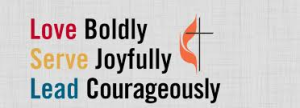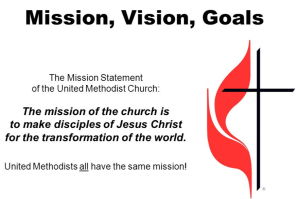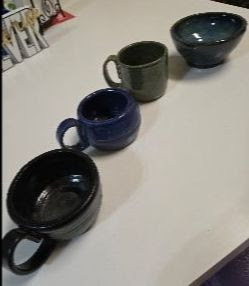Hello everyone,
Last Spring, I took a class called "Community Organizing and Ethical Leadership." It was a very interesting class, and we covered many different perspectives on leadership and organizing.
One of the most fun things about the class is we read stories from "Octavia's Brood, Science Fiction Stories from Social Justice Movements." This is a book of speculative fiction inspired by the works of Octavia Butler. I love Octavia Butler; if you haven't read her work, I highly recommend it! A cool thing about speculative fiction (sci-fi, fantasy, that sort of thing) is that it can shed light on current situations and problems, as well as imagine what new solutions can be.
One story we read is called "Children Who Fly" by Leah Lakshmi Piepza-Samarasinha. Leah (she/they) is a queer disabled nonbinary femme writer, educator and disability/transformative justice worker and the co-author of nine books, including one of my favorite books, "Care Work: Dreaming Disability Justice." This book was particularly influential in my life during a time when I was a care worker for a quadriplegic woman, and also was coming to terms with my own (hidden) disabilities, PTSD and dissociative disorder.
This short story is about a girl living in poverty in 2032 in Los Angeles. Because of early childhood trauma, she has trouble with dissociation. According to WebMd, dissociation is "a break in how your mind handles information. You may feel disconnected from your thoughts, feelings, memories and surroundings. It can affect your sense of identity and your perception of time." It is a common trauma response, and in this story it is also a spiritual "opening" that can allow transcendance to occur. This transcendence is overlaid against the backdrop of environmental and political disasters, where so much has fallen apart and even the best efforts to create webs of care have disintegrated. But some still have this gift, of spiritual dissociation into a wider sense of being.
The story holds a warning of the path that may lay before us if we don't act collectively to stave off environmental disaster. To me, it also carries a shred of hope, that even disaster or trauma can open to new ways of knowing and connection. Additionally, I believe that this sense of connection can root us to our faith, to one another, and to possibilities for rooting into different models for organizing for change.

At Broadway, we have a special opportunity to participate in actions grounded in faith. We can see the brokenness in the world, while still seeing new possibilities and hope. I am tasked with the work of bolstering Broadway's social justice efforts, and I'd like to have your help! Please contact me if you'd be interested in being a lay leader in the work of faith in action! I have been doing a lot of research on how churches can get involved in community organizing, and while I have lots of ideas, nothing has been decided yet. By getting involved with this work now, you can be part of the ground-level planning for this committee. I hope to hear from you!



